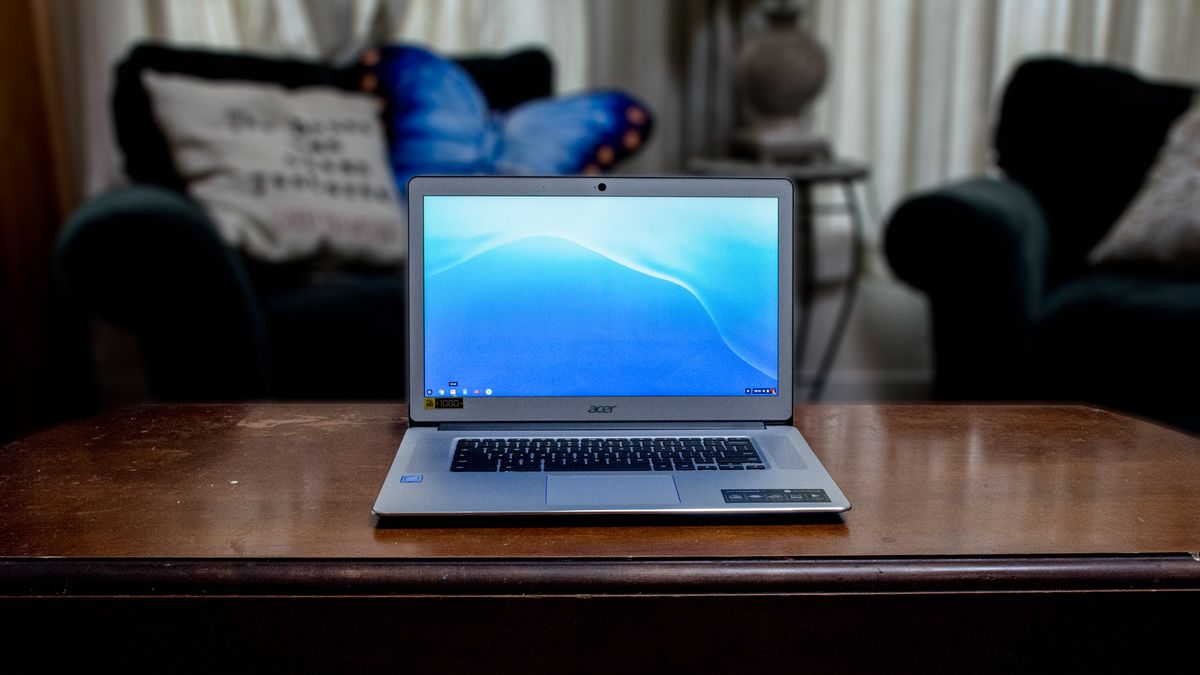Don’t discard your outdated Chromebook just yet, as there is evidence suggesting that Google may expand the availability of ChromeOS Flex to older laptops. A recent investigation by tech news site Chrome Unboxed into Google’s Chromium Repositories uncovered references to a project called “Flexor.” Further analysis of the code revealed plans to install a thirteenth partition to ChromeOS, with the partition’s 10GB file size indicating that it is a complete operating system rather than a minor addition. When the installation begins, the screen reportedly displays the message “Start flex-ing.”
So, what exactly is ChromeOS Flex? It is a cloud-based, lightweight version of ChromeOS that can transform old PCs and Macs into Chromebooks. While primarily intended for businesses and students to revive outdated hardware, anyone can participate in the program by registering on Google’s website. Instructions for installing the operating system are available online, requiring an old computer and a USB drive with sufficient space for a bootable version of Flex. Currently, Chromebooks are unable to run the Flex system, but this may change in the future.
The exact launch date of this update is unknown, as the Flexor project has only been in progress for about a week. However, it aligns with Google’s renewed focus on device longevity and repairability. The company recently announced that the Pixel 8 will receive seven years of updates, reflecting a commitment to supporting devices long after their launch. This approach is a response to complaints from users, who accused Google of abandoning numerous Chromebook models and leaving them vulnerable to cyberattacks. While Google now promises software updates for ten years after product launches, certain laptops may receive shorter update cycles due to the rules of the ten-year plan.
If the Flexor project materializes, users may no longer have to worry about uneven support. Even low-cost Chromebooks equipped with Flex can provide a sense of security regarding personal information. However, it remains unclear whether Flex Chromebooks will receive the same ten-year upgrade support. For students considering purchasing a Chromebook, TechRadar offers a list of the best student Chromebooks for 2023.
In summary, Google’s exploration of ChromeOS Flex for older Chromebooks represents a potential solution for extending the life of outdated devices while maintaining security and performance. The project aligns with Google’s commitment to device longevity and comes as a response to user concerns about uneven support for Chromebook models. While the exact details and launch plans remain unclear, the prospect of a lightweight, cloud-based operating system for older laptops is undoubtedly promising for users seeking to breathe new life into their devices.

I have over 10 years of experience in the cryptocurrency industry and I have been on the list of the top authors on LinkedIn for the past 5 years.

